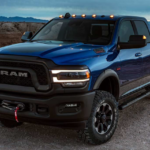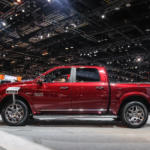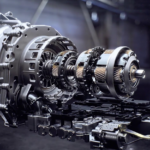What Years Of Dodge Cummins To Avoid – Dodge Ram trucks, also known as the Ram pickup, have been a popular choice for truck enthusiasts and workers alike for decades. Known for their power, durability, and impressive towing capacity, these trucks have become a staple in the automotive world. One of the key features that sets Dodge Ram trucks apart from the competition is their partnership with Cummins, a renowned engine manufacturer.
The Cummins Engine and Its Impact on Dodge Ram Trucks
Cummins engines, specifically the 5.9L and 6.7L turbo diesel engines, have been used in Dodge Ram trucks since 1989. These engines are known for their power, reliability, and fuel efficiency. However, despite their overall quality, there are certain years of Dodge Cummins trucks that have had their fair share of issues.
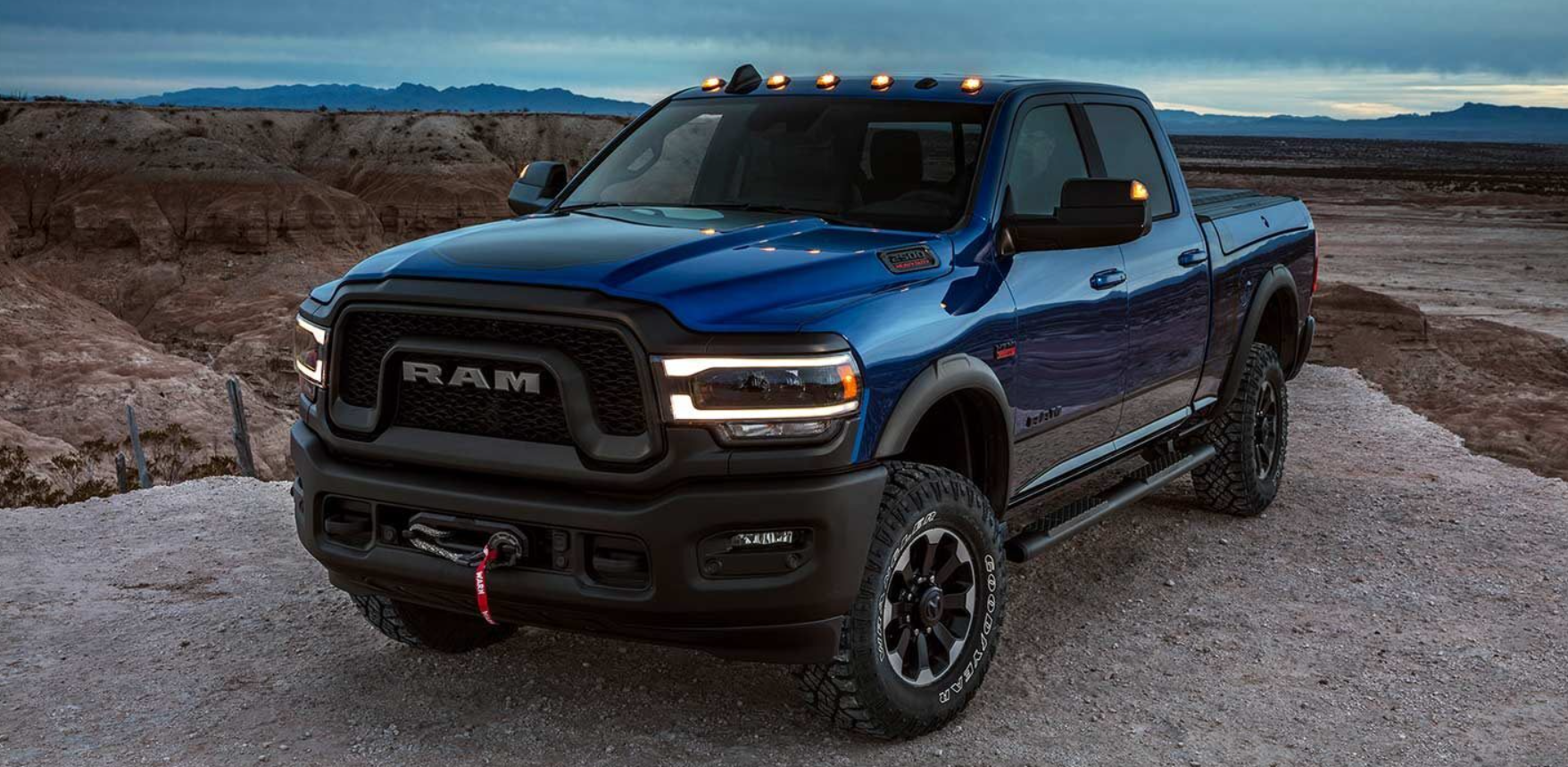
Why It’s Important to Know Which Dodge Cummins Years to Avoid
Understanding which years of Dodge Cummins trucks to avoid can save you a lot of time, money, and frustration down the road. By being informed about the common problems associated with certain years, you can make a more educated decision when purchasing a used Dodge Cummins truck.
The Problematic Years of Dodge Cummins Trucks
While there are many years of Dodge Cummins trucks that have proven to be reliable and long-lasting, there are a few years that are known for having more problems than others.
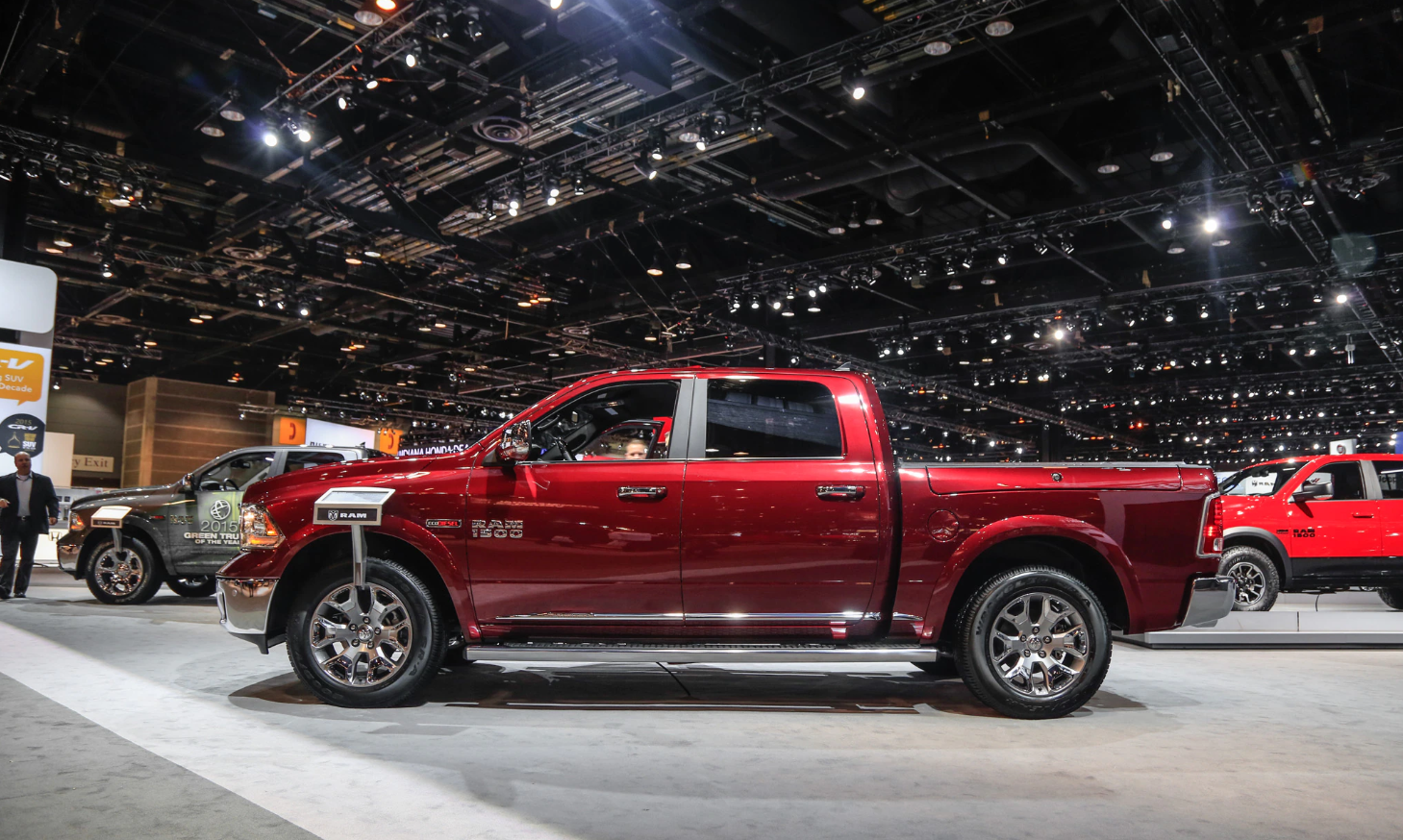
The 1998.5-2002 Dodge Cummins Trucks
The VP44 Injection Pump Issue
The 1998.5 to 2002 Dodge Cummins trucks were equipped with the VP44 injection pump, which has become notorious for its failure rate. The main issue with the VP44 pump is that it relies on diesel fuel for lubrication, and when the fuel quality is poor or the lift pump fails, the injection pump can quickly become damaged. Replacing the VP44 pump can be costly, with prices ranging from $1,000 to $2,000.
The 53 Block Cracking Issue
Another issue with the 1998.5 to 2002 Dodge Cummins trucks is the infamous 53 block, which refers to the casting number on the side of the engine block. These blocks are known to develop cracks, typically near the water jacket, which can lead to coolant leaks and engine damage. While not all 53 blocks will crack, it’s something to keep in mind when considering these model years.
The 2003-2007 Dodge Cummins Trucks
The Common Rail Injector Failure Issue
The 2003 to 2007 Dodge Cummins trucks introduced the common rail injection system, which offered better performance and fuel economy. However, these trucks have been known to experience injector failures. When an injector fails, it can cause excessive fuel to be dumped into the cylinder, leading to engine damage. Replacing injectors can be expensive, with costs ranging from $1,500 to $3,000 for a full set.
The Automatic Transmission Problems
Another issue with the 2003 to 2007 Dodge Cummins trucks is the 48RE automatic transmission. These transmissions have been known to suffer from premature failure, particularly when the truck is used for heavy towing or has been modified for increased power. Upgrading or rebuilding the transmission can be quite costly, with prices ranging from $3,000 to $5,000.
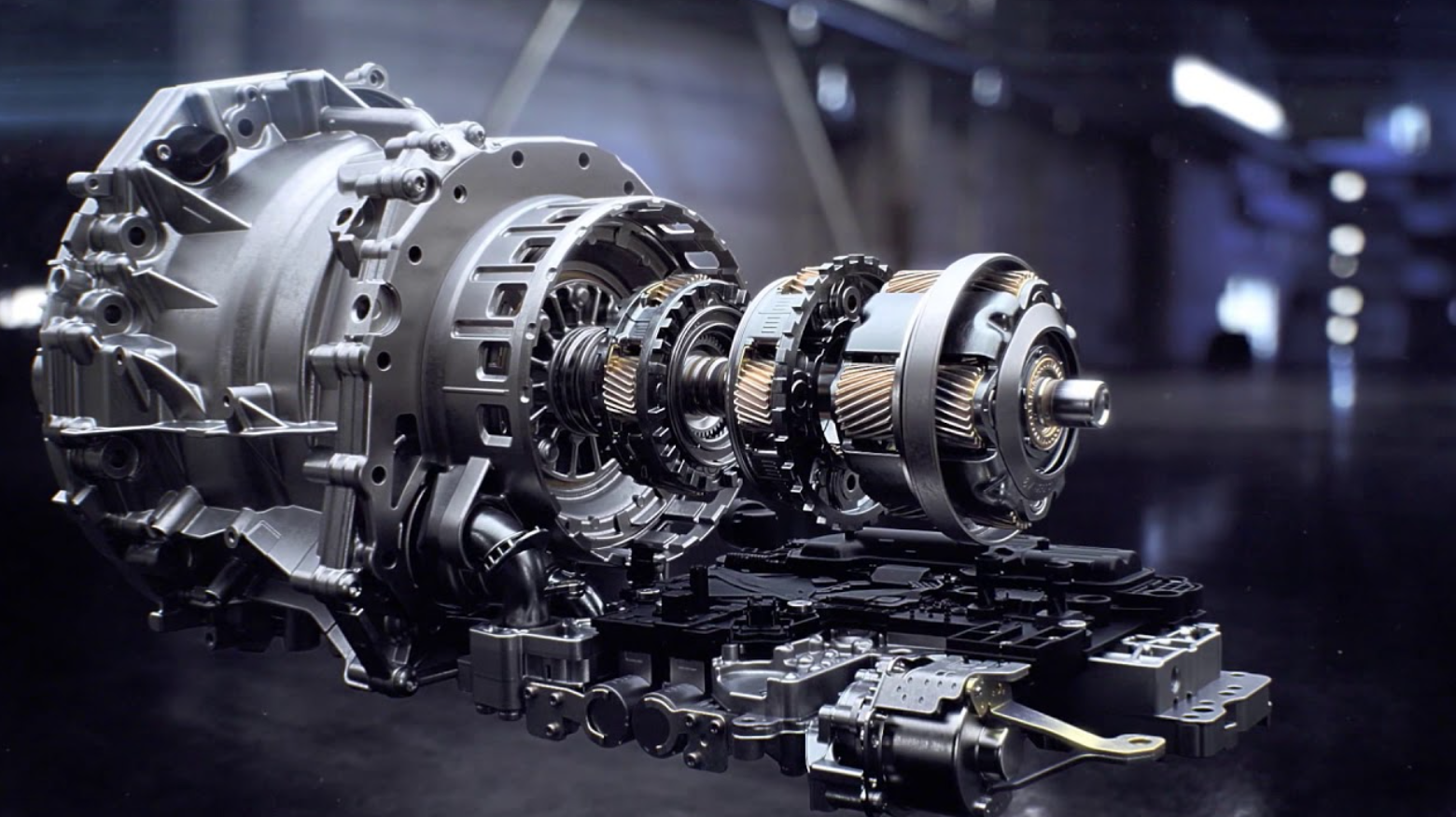
The 2007.5-2009 Dodge Cummins Trucks
The DPF System and Regeneration Issues
The 2007.5 to 2009 Dodge Cummins trucks were the first to implement the Diesel Particulate Filter (DPF) system to comply with stricter emissions regulations. While the DPF system helps reduce emissions, it can cause issues with regeneration cycles, leading to clogged filters and reduced performance. Replacing a DPF can be expensive, with costs ranging from $1,500 to $3,000.
What to Look for When Buying a Dodge Cummins Truck
Service Records and Maintenance History
When considering the purchase of a used Dodge Cummins truck, it’s important to review the service records and maintenance history. Regular maintenance is crucial for the longevity of these engines, and a well-documented history can give you peace of mind that the truck has been well cared for.
Signs of Common Issues
Before purchasing a Dodge Cummins truck, it’s a good idea to familiarize yourself with the signs of common issues associated with the years mentioned above. Look for signs of injector failure, such as white smoke or poor performance, and inspect the engine block for any visible cracks or coolant leaks.
Modifications and Upgrades
While modifications and upgrades can increase the power and performance of a Dodge Cummins truck, they can also put added strain on components like the transmission and engine. Be cautious of trucks with excessive modifications, as they may be more prone to issues.
To increase your chances of purchasing a reliable Dodge Cummins truck, focus on well-maintained trucks with a documented service history. Be cautious of trucks from the problematic years mentioned above, and familiarize yourself with the common issues associated with those years. Inspect the truck thoroughly for signs of issues, and consider having a trusted mechanic perform a pre-purchase inspection.
